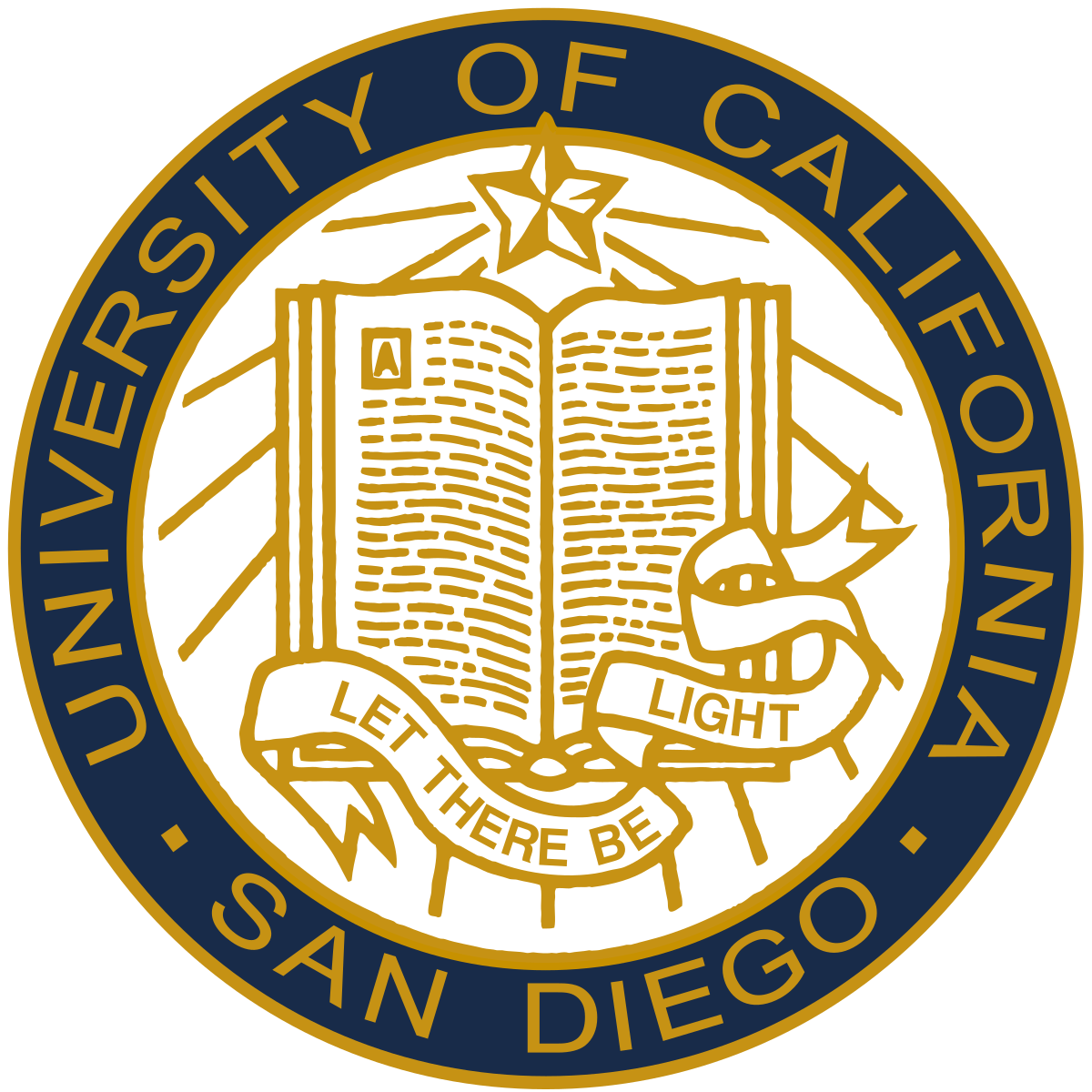UC San Diego’s Experts Named 2023 Cottrell Scholars
Two University of California San Diego faculty researchers have been named 2023 Cottrell Scholars by Research Corporation for Science Advancement (RCSA). Assistant Professor of Physics Javier Duarte and Assistant Professor of Chemistry and Biochemistry Mark Herzik are a part of an incoming cohort of 25 scholars who will receive a $100,000 award to further their research and teaching.
“The future of science depends on innovation, diversity and commitment to student success,” said RCSA President & CEO Daniel Linzer. “These new awardees have been selected as much for their research and teaching excellence as for their potential to become change-makers at their institutions, in science and society at large.”
The Cottrell Scholar program champions early career teacher-scholars in chemistry, physics and astronomy at U.S. and Canadian research institutions by providing significant discretionary awards for research. The awards honor and help develop outstanding teacher-scholars who are recognized by their scientific communities for the quality and innovation of their research programs and their academic leadership skills.
profile image of javier duarte
Javier Duarte is a member of the Compact Muon Solenoid experiment at the CERN Large Hadron Collider. He leads a research group developing new artificial intelligence (AI) techniques for high-energy particle collisions to better measure the properties and interactions of elementary particles, like the Higgs boson, and to search for new physics. Duarte is the instructor of a new course on data science and machine learning in physics, emphasizing collaboration among students and an inclusive learning environment, especially for underrepresented groups in physics.
Before joining UC San Diego, he was a Lederman postdoctoral fellow at Fermilab. He received his Ph.D. in Physics at Caltech and his B.S. in Physics and Mathematics at MIT. Duarte has received a Department of Energy Early Career Award for real-time AI in particle physics and is a co-principal investigator of the National Science Foundation’s Accelerated AI Algorithms for Data-Driven Discovery.
“As a Cottrell Scholar, I plan to study AI models that learn from real, unlabeled collision data in the hopes of using these models to measure Higgs boson interactions and discover new physical laws,” Duarte said. “It’s also a unique opportunity to teach data science and machine learning to the next generation of physicists.”
profile image of Mark Herzik
Mark Herzik is a structural biologist who uses electron microscopy to visualize enzymes in action. His research project will focus of the development of cryogenic electron microscopy (cryo-EM) methodologies to determine high-resolution 3D structures of enzymes under catalytic turnover conditions. His research will leverage the recent advances in cryo-EM hardware and software to directly visualize the complex conformational landscape enzymes traverse during catalytically relevant transitions. In addition to his research goals, Herzik’s efforts will also focus on the development and implementation of self-paced, modular hands-on cryo-EM training within his undergraduate and graduate cryo-EM course focused on data analysis and manipulation. Herzik received his Ph.D. in Molecular and Cell Biology from UC Berkeley and his B.S. in Biophysical Sciences from the University of Houston.
“This is an incredible opportunity to begin to observe critically important but transient states of enzymes that would be too fleeting using other techniques,” he stated. “We hope these structures will provide new insights into enzymes, which are so important to living organisms.”

